Are Heat Pumps Systems:
Worth It For Ontarians?
Are heat pumps worth it for those residing in Ontario? This is an important question for Ontario homeowners and business owners seeking alternative heating and cooling solutions to suit their needs. Heat pumps have emerged as strong alternatives, promising energy efficiency and year-round comfort. However, understanding the pros and cons of installing a heat pump can help you determine if they’re truly worth the investment for your home or business.
How Much Heating & Cooling Does Your Home Use?
Scenario 1:
If your home currently uses baseboard heating or oil, then chances are that you are experiencing monthly utility bills within the $250-$500 range. In this scenario, upgrading to a mini-split heat pumps can cut your costs dramatically to within the $80-$150 estimated range. In addition, boilers generally do not provide any cooling, thereby you would get the added benefit of being able to cool your home.
Scenario 2:
If your home currently uses a gas furnace with central air conditioning, upgrading to a ducted heat pump may or may not reduce your energy consumption. If you already have a ducted HVAC system, installing a ducted heat pump would still require you to have a functional furnace. Here are the benefits and drawbacks of installing a ducted heat pump in this case:
- Cooling: It has full cooling capability, performing better and more efficient than a central A/C
- Savings: You can use your furnace less and only in sub -20 degree temperature thereby saving you substantially on energy costs
- Cost: This type of unit generally costs more than a central A/C
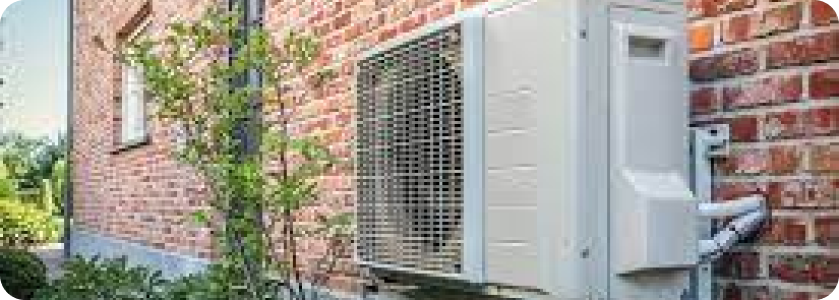
Understanding Heat Pump Technology
HRV and ERV systems are indoor ventilation technologies that exchange stale air for mint air while recovering energy and humidity from the exchanged streams.
Before diving into the decision-making process, let’s briefly explain how heat pumps work. Heat pumps operate by transferring heat from one point to another, using refrigerant cycles to absorb heat from the air or ground and release it indoors. This mechanism allows them to provide both heating and cooling functionalities efficiently with minimal limitations such as:
- Providing 100% cooling functionality just like a central A/C
- Cold climate heat pumps can heat up to -25 degrees
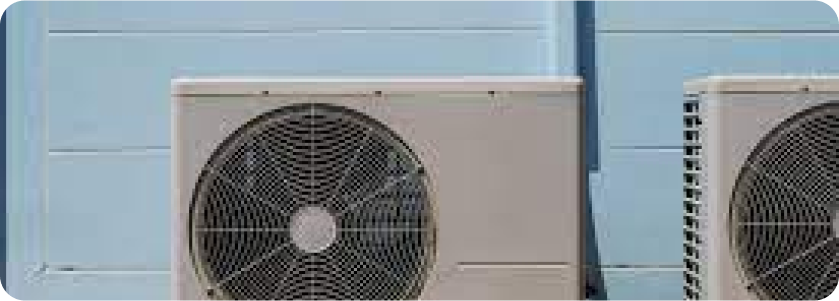
Exploring Different Types of Heat Pumps
Heat pumps come in various forms to accommodate different heating and cooling needs. The main types that Ontarians should consider using are ducted heat pumps and ductless mini-split systems.
Ducted Heat Pumps:
Also known as central heat pump systems, ducted heat pumps need to be connected to existing ductwork used to distribute hot and cold air. Consisting of an outdoor unit which holds the compressor and condenser, and an indoor unit linked to the ductwork, these systems distribute heating & cooling throughout the ducts and vents of a home. This type of unit is an alternative for homes with existing ducted HVAC systems, offering centralized temperature control and integration with existing ductwork, creating an easy installation environment.
Ductless Mini-Split Systems:
In contrast, ductless mini-split systems offer a flexible and efficient alternative to provide heating and cooling when no existing ductwork is present. Comprising of an outdoor unit connected to one or more indoor units (heads) via refrigerant lines, ductless mini-splits are great for temperature regulation in individual rooms or zones. With multiple sizes and installation options, they cater well to homes or businesses with no existing ductwork or those desiring zone or area-specific heating and cooling solutions.
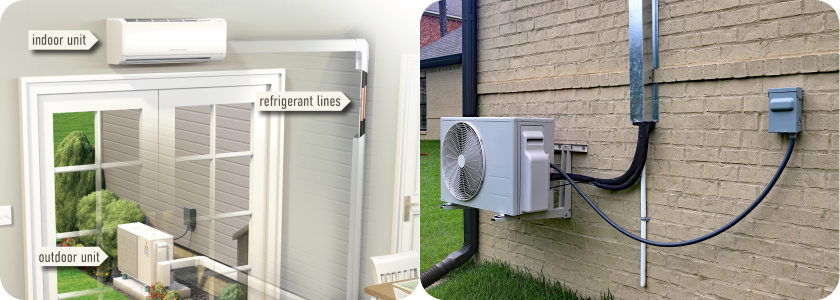
Choosing Between Ducted & Ductless Heat Pumps
Choosing between ducted heat pumps and ductless mini-split systems depends on whether or not there are existing ducts and other factors including the home/business layout. While ducted systems provide centralized whole-home heating and cooling via ductwork, ductless mini-splits offer flexibility and zoning capabilities for customized comfort. Homeowners and business owners should evaluate their residence and consult HVAC professionals to determine the most suitable heat pump configuration to meet their needs.
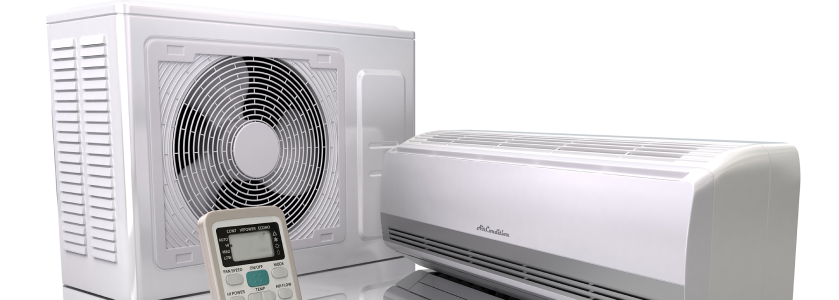
Comparing Heat Pumps To Furnaces & A/C's
Analyzing the value proposition of heat pumps requires comparing them to traditional heating systems such as furnaces and boilers utilized by the majority of Ontarians. While conventional HVAC systems rely on burning fossil fuels like gas and oil to generate heat, heat pumps utilize electricity making them safer and more environmentally friendly. Additionally, heat pumps boast higher energy efficiency ratings (SEER), higher property value increase and lower operating costs over time, which can lead to higher long-term savings.
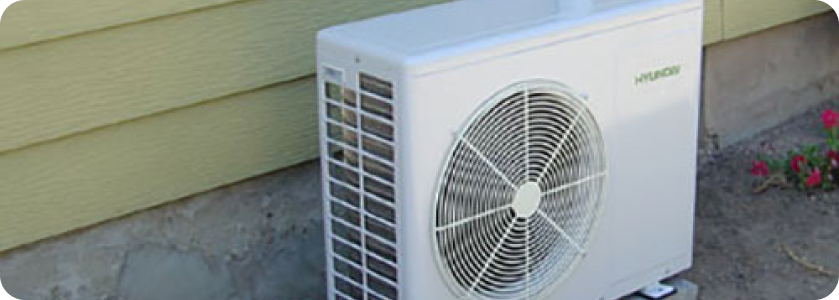
The Potential of Heat Pumps
Heat pumps, whether air source or ground source, offer both a reliable and customizable solution for both heating and cooling needs. Unlike traditional heating systems reliant on burning fossil fuels, heat pumps are more efficient costing much less over time. Ontarians can benefit by installing one for cold climates up until -25 degrees in place of their furnace or to heat and cool specific areas/zones.
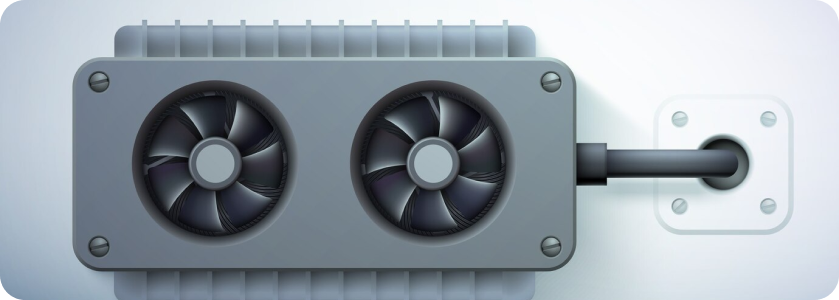
Pros of Embracing Heat Pumps
Energy Efficiency: Heat pumps can greatly reduce energy consumption for those using baseboard heating, oil, portable heaters and more, translating into significant cost savings over time.
Dual Functionality: Serving as 2 in 1 heating and cooling systems, heat pumps offer year-round comfort, removing the need for separate cooling solutions.
Environmental Benefits: By minimizing reliance on gas and oil and solely on electricity, heat pumps reduce greenhouse gas emissions and overall carbon footprints.
Consistent Performance: Even in extremely cold temperatures, cold climate heat pump technology works reliably, providing heat up until -25 degrees.
Versatility: Heat pumps come in various forms, including ductless mini-split systems, which can provide heating and cooling for specific zones and areas without ducts or any existing configuration.
Long-Term Savings: While upfront costs may be higher compared to furnaces and central A/Cs, the potential for long-term energy cost savings and potential rebates, can make heat pumps a worthy investment.
Maximizing The Benefits of Heat Pumps
There are steps homeowners and business owners can take to ensure that their investment is protected. To maximize the benefits of heat pumps and protect the investment, homeowners should understand how to maintain their system. Scheduled and self-regulated maintenance, including cleaning filters and coils can increase the lifespan and performance of the system. In addition, making sure that that your ductwork has proper insulation and sealing can help minimize energy losses, maintaining the overall efficiency of the heating and cooling system.
Considering The Drawbacks
Despite the obvious benefits, heat pumps also present certain drawbacks that should also be considered.
Installation costs: For ground source heat pumps the ticket price can be higher than traditional systems, potentially pushing potential buyers away.
Heating Limitations: While cold climate heat pumps perform well in most climates, extremely cold temperatures sub -25 degrees may require supplementary heating sources.
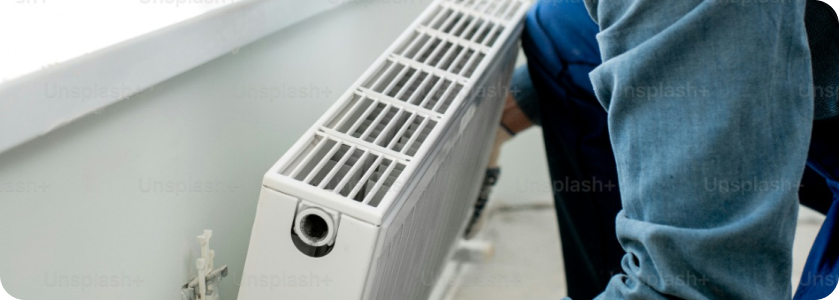
Navigating The Decision
Deciding whether to invest in heat pumps requires careful consideration of various factors discussed above. Most importantly, consulting HVAC experts can help you prevent mistakes and contribute positively to your decision. Assessing individual heating and cooling needs such as zoning and lack of air conditioning, along with climate considerations, can help you determine which is the right heat pump system for your needs. Homeowners must weigh upfront costs against long-term savings plus available incentives and rebates to make a calculated choice.

Conclusion
In conclusion, heat pumps offer a solid solution for homeowners seeking customizable and efficient heating and cooling options. Heat pumps provide year-round comfort while minimizing environmental impact and reducing energy costs making them a tempting choice. While they may not be suitable for extreme cold climates, careful consideration of factors such existing configuration, energy prices, and individual heating needs can help homeowners determine if heat pumps are worth it for them. With proper maintenance and optimization, heat pumps can be a great choice ultimately outperforming traditional HVAC systems when it comes to efficiency and versatility.

